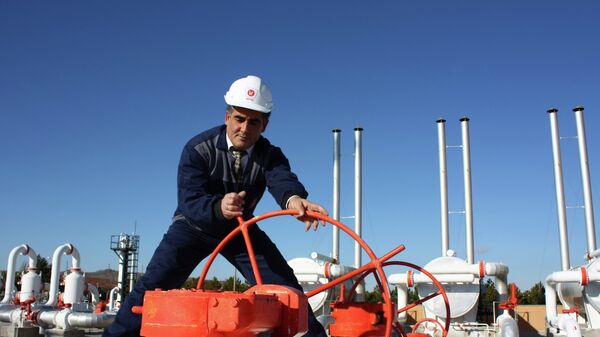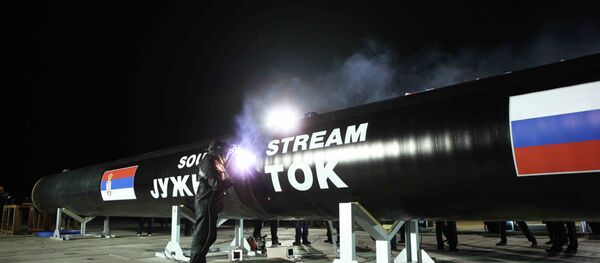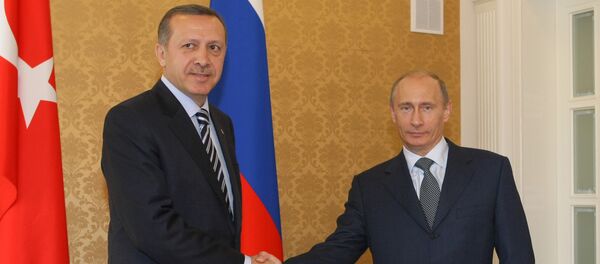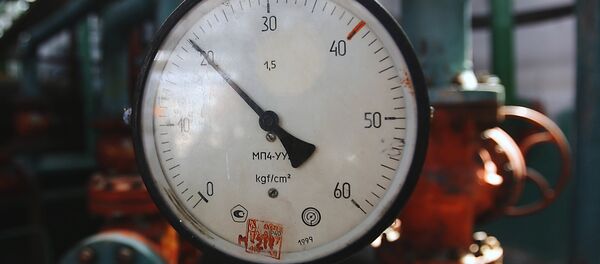"As it was the case with China deals, [Putin's] visit to Turkey was staged to convey the idea that the West's attempts at isolating it globally were futile, and that there were plenty of opportunities for [Russia] to forge wonderful relationships with other partners," said Hasan Selim Ozertem, head of the Center for Energy Security Studies at the International Strategic Research Organization (USAK), a Turkey-based independent think-tank.
He stressed however that Russia's plan for Turkey indicated that it was not yet going to give up on new opportunities for gas transit to Europe bypassing Ukraine. At present, the bulk of Russia's natural gas supplies depend on Ukraine's obsolete gas transport infrastructure, and the South Stream pipeline was planned as a modern alternative to the existing connections.
Alexander Sotnichenko, a foreign policy and Turkey expert at the Faculty of International Affairs at St. Petersburg State University, told RIA Novosti that Putin's trip to Turkey was a "logical course of action" following his travels to China in May and November.
In May, Russia's Gazprom and China's CNPC inked an estimated $400 billion contract for the annual export of 38 billion cubic meters of Russian gas via the eastern route to China for a 30-year period starting in 2018.
Like China, Turkey appears to Moscow as an "independent player on the global stage" that will not be easily forced into abandoning its own energy security ambitions in favor of the EU or US political agenda.
Graziani Tiberio, President of the Italian Institute of Advanced Studies in Geopolitics and Auxiliary Sciences, told RIA Novosti that the abandoned South Stream pipeline, which was to bring gas to central and southern Europe, was bound to "tip the balance in the EU in favor of Germany".
Germany has been and remains the largest Russian natural gas buyer, with two of Russia's biggest gas pipelines – Yamal and Nord Stream – leading to Germany. The South Stream was conceived as a "twin project" to the Nord Stream, a pipeline that links Russia and Germany directly with no transit countries making it the most important gas hub in the region.
Tiberio called the cancellation of the South Stream project a "defeat for all". "The EU has played the Ukrainian crisis and lost. And now we can see the result of its mistake: Europe's action has strengthened the Moscow-Ankara axis. The energy cooperation between Russia and Turkey is only the beginning".
Tugce Varol Sevim, an energy security expert at the 21st Century Turkey Institute, said that Moscow and Brussels had engaged in a tug-of-war over the gas project. "The EU expected that the South Stream would only be implemented as it wanted it to be, meaning they wanted to enforce its rules on Russia… but Turkey is, by far, not a country Europe can control".
During his Turkey trip Monday, Russian President Vladimir Putin announced Russia was no longer willing to implement the South Stream project citing the European Union's non constructive approach. He said Russia and Turkey were instead mulling a gas hub on the Turkish-Greek border.





